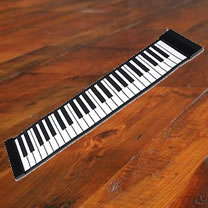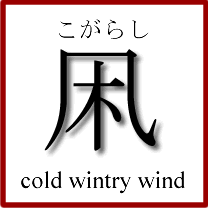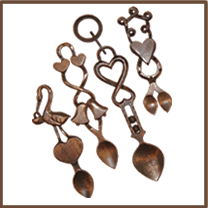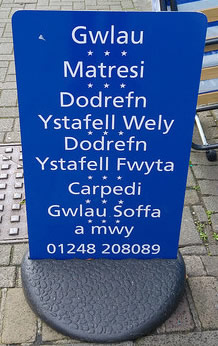When listening to The Allusionist podcast today I learnt an interesting word – tritagonist, who was the actor who played the third role in ancient Greek drama.
Tritagonist comes from the Ancient Greek word τρίτἀγωνιστής (triagōnistḗs), from τρίτ (third) and ἀγωνιστής (combatant, participant).
The actors who played the first and second roles in ancient Greek drama were known as the protagonist and deuteragonist, or sidekick. Proto- comes from πρῶτος (first), a superlative of πρό (before), and deuter- from δευτερ (second).
Proto goes back to the Proto-Indo-European *pro/*per- (to go over), which is also the root of:
– Proto-Celtic *ɸro = before, in front of, in addition
– Welsh rhy = too
– Irish ro = too
– Proto-Germanic *fram = from, by, due to
– English from
– Scots frae = from
– Swedish från = from; and fram = forward
– Icelandic frá = from, away from, about
– Latin per = through, by means of, during, and related words in Romance languages.
The antonym of protagonist is antagonist, from ἀντί (against) and ἀγωνιστής (combatant, participant).
Source: Wiktionary




